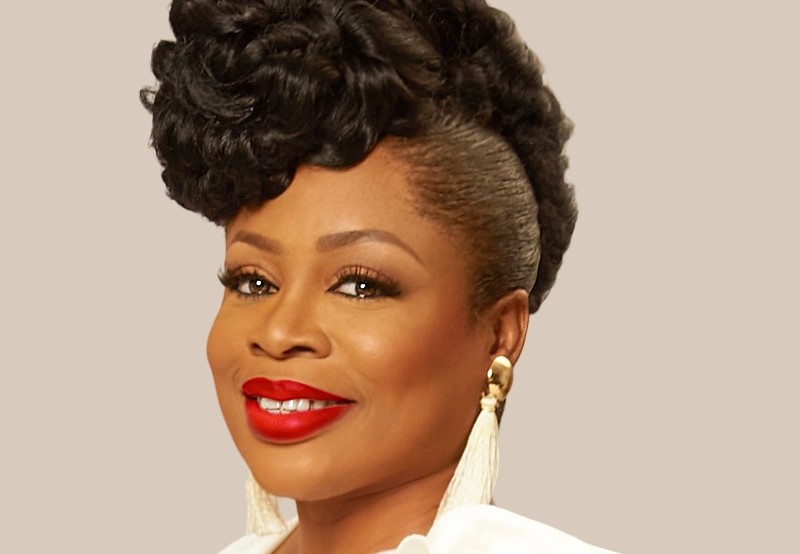
The award-winning singer is facing a lawsuit from the producer of the monster hit Way Maker, who is claiming copyright and publishing rights.
According to several reports, the Federal High Court in Lagos heard a ₦5 billion copyright lawsuit today, November 27, 2024, involving gospel music superstar Osinachi Joseph Egbu, popularly known as Sinach, and music producer Michael Oluwole, also known as Mayolee
The legal battle revolves around the ownership and profits of Sinach’s hit song Way Maker, which has gained global recognition since its release in December 2015. The producer, Mayolee, claims he played a critical role in the song’s success by recording, mixing, and mastering it, as well as creating key instrumental elements like the piano, strings, and synthesizers.
However, despite his contributions, he alleges that Sinach has kept all the proceeds from the song without properly compensating him. He is suing her and seeking ₦5 billion in damages, a share of the song’s earnings, and legal recognition of his rights as a contributor. Mayolee also wants a court order to prevent the unauthorised use of the track.
Recall that, sometime in 2022, the producer had threatened to sue the singer during a live video session with social commentator Daddy Freeze—a threat that has now been carried out.
READ ALSO - ‘Morayo’: A reflection of every phase of Wizkid's artistry
Sinach, on the other hand, insists she is the sole creator of Way Maker. Her lawyer, Emeka Etiaba (SAN), argues that Sinach wrote, arranged, and performed the song before Mayolee’s involvement. According to her team, Mayolee was only hired to mix and master the final recording and was paid $300 for his work. They claim he has no legal claim to royalties or copyrights, as his role was purely technical.
However, Mayolee’s lawyer, Justin Ige, points out that no formal contract was ever signed between the two parties. This lack of documentation, he argues, leaves the door open for Mayolee’s claims under Nigerian copyright law, which can favour contributors in cases without clear agreements.
This lawsuit has sparked conversations about fair compensation, intellectual property rights, and the importance of formal agreements in creative collaborations. As the case progresses, it could set a significant precedent for resolving disputes in Nigeria’s rapidly growing music industry.